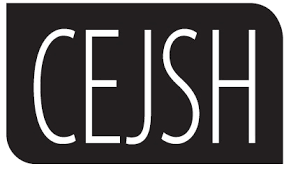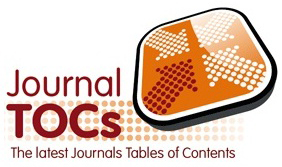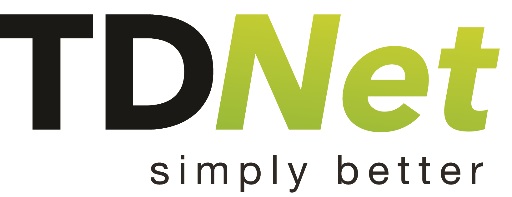ICV: 99.6
The aim of Journal of Legal Studies is to publish quality articles and insightful research ideas in all fields of Law domain having a rigorous methodological aspects and soundness of research outcomes. The Editorial Board is oriented towards a comprehensive, extensive and more accurate original contribution in the Law domain with the final objective to promote a high standards of research outcomes in the light of the latest legal sciences agenda. The complex phenomenon and manifestation of the law in the context of globalization has led the Editorial Board to promote also aspects of transdisciplinary, interdisciplinary and multidisciplinary aspects also with some important domains as: economics, finance, IT, medicine or psychology. It is important to promote in the law sciences also the usage of statistical techniques which will lead to the increasing of the quality of the article are a more empirical structure of the research outcomes. The scope of the Journal is to promote a high degree of innovation in Law domain by providing articles which will have a high degree of impact and importance both for the doctrine and academics, and also for Law practicians with the understanding of modern research methods usage in the social sciences.
In 2001, within the Faculty of Legal Sciences of "Vasile Goldiș" Western University from Arad, a biannual legal journal, named "Studii Juridice" (Legas Studies) made its appearance, published at Cluj-Napoca, at the prestigious Cordial Lex Publishing House (ISSN. 1582-5442).
Today after a period absence of about seven years, the journal returns in force, continuing the scientific demarche began in 2001, under a new denomination - Journal of Legal Studies -, with a new format, under the guidance the Center of Studies and Research – European Dimensions of the Romanian Law (C.S.R.E.D.R.L.) within the Faculty of Legal Sciences of "Vasile Goldiș" Western University from Arad, with a new Editorial Board, a new Scientific Board and with prestigious national and international reviewers.
But we also thank all those whom supported and whom beared a hand to the comming-back of our journal, to the members of the Editorial Board, and especially to the prestigious members who accepted to be a part of Scientific Board of the Journal.
Journal of Legal Studies niche and specific contribution to the international legal literature
Journal Of Legal Studies-in DE GRUYTER OPEN since 2015
Baidu Scholar; CEEOL - Central and Eastern European Online Library; CEJSH (The Central European Journal of Social Sciences and Humanities); CNKI Scholar (China National Knowledge Infrastructure); CNPIEC – cnpLINKer; Dimensions; DOAJ (Directory of Open Access Journals); EBSCO (relevant databases); EBSCO Discovery Service; ERIH PLUS (European Reference Index for the Humanities and Social Sciences); EuroPub; Genamics JournalSeek; Google Scholar; Index Copernicus; J-Gate; JournalTOCs; KESLI-NDSL (Korean National Discovery for Science Leaders); MyScienceWork; Naver Academic; Naviga (Softweco); Primo Central (ExLibris); ProQuest (relevant databases); Publons; QOAM (Quality Open Access Market); ReadCube; Semantic Scholar; Summon (ProQuest); TDNet; Ulrich's Periodicals Directory/ulrichsweb; WanFang Data; WorldCat (OCLC);
The editorial board is participating in a growing community of CrossCheck System’s users in order to ensure that the content published is original and trustworthy, aiming to eliminate plagiarism and provide a high standard and quality peer-review.

Free language editing services for accepted papers by Grammarly.
Since 2015 (16th Volume, 29th issue), Journal Of Legal Studies uses DOI (Digital Object Identifier)as a permanent citation link to content article.
Licensed under the Creative Commons — Attribution 4.0 International — CC BY 4.0 (CC BY-NC-ND 4.0)
OPEN ACCESS POLICY of our journal
Our journal “Journal of Legal Studies” is an academic journal that allows open access to readers. It is available online to readers without financial, legal or technical barriers, on the principle to maintain the integrity of the content of the article.



















KEYWORDS
Tax Law, Commercial Law, Public Law, Criminal Law, Civil Law, European Law, Family Law, International Law.
